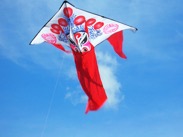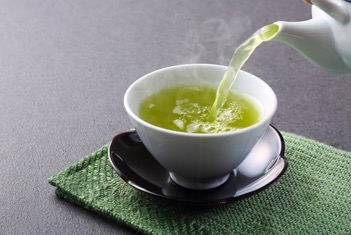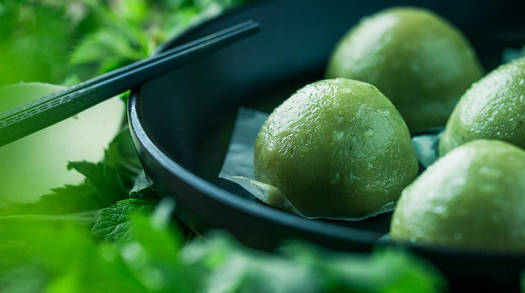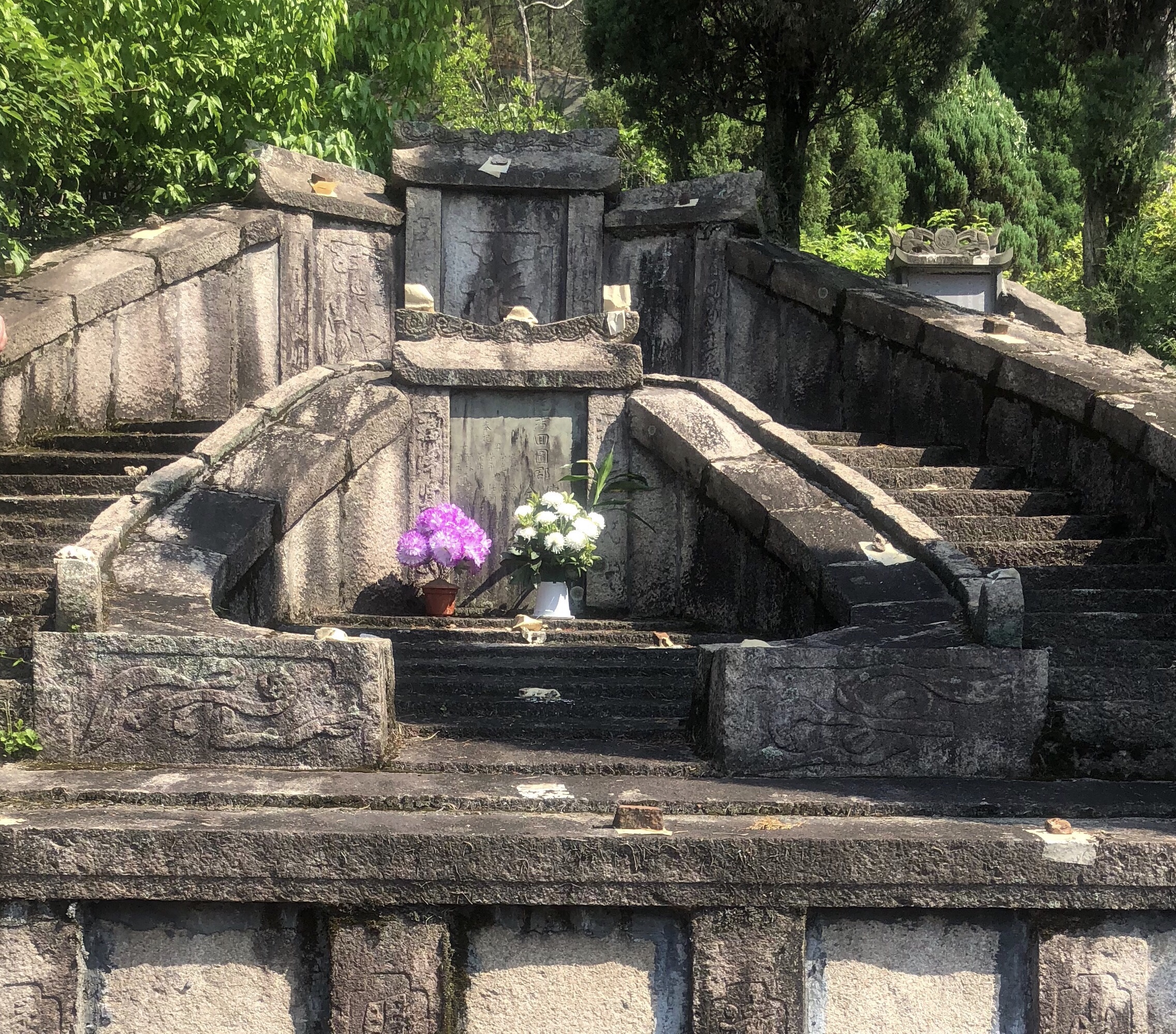Qingming Festival, also known as Ancestor’s Day, is a traditional Chinese festivity which is celebrated 104 days after winter solstice (which in the Gregorian calendar it usually falls in the 4 or 5 of April).
The festivity is a mix between joy and sorrow
During this recurrence, Chinese citizens are granted with three days of vacations, during which they can carry out various activities; the most relevant one is Tomb-Sweeping, but it doesn’t lack also of activities such as: trips out of town, flying kites or spending some time with family members.
The Qingming festival is comparable to out festivity called “All Soul’s Day”, where is custom to visit your deceased relatives, bringing gifts such as flowers and tealights. On the other hand, Chinese people must take care of the resting place of their relatives, cleaning their tomb and making offers. The Chinese term for “Tomb-Sweeping” is “Saomu” (扫墓).
Among the offerings we can commonly find the favourite food and drink of the loved one, Joss papers, Joss sticks, and even performances of dance and songs.
The Qingming festival is not only a day dedicated to the commemoration of passed ones. But thanks to the awakening of the spring, In China the Ancestor’s Day also gains the meaning of “Joy of Life”, dedicated to the awakening of the body after the long winter months.
In order to dedicate time to our health, these three days of vacations results optimal in organizing trips to other cities or to natural parks, where we can observe the beauty of the spring landscape.
An activity that brings a lot of curiosity is kite flying, because they are of many shapes and colours: going from big dragons to small and delicate butterflies, from a phoenix to classical kites, and even sometime there are kites resembling the mask of the Beijing opera ( Jingju “京劇” ).
Did you know that Qingming Festival has also an important meaning In the Chinese tea culture? Because the green tea made of leaves that are harvested before the Qingming date, are classified as “Pre-Qingming”, a denomination that leads to higher prices, because the experts consider it a more delicate flavour compared to the green tea made with usual leaves.
Did you know that a traditional food for this festivity is the Qingtuan (青团)? It is a sweet made of rice flour, and it has an inner stuffing of red bean paste. They are sweet and soft, with a glutinous consistency and a really unique taste.
The Qingming Festival is a annual recurrence with unique characteristics, because it joins the sorrow and tear for passed ones with the laugh and happiness of the spring.
Written by Michele Fogliata
Translated in English by Michele Fogliata
La festa di Qingming, chiamato anche Giorno degli Antenati, è una festa tradizionale cinese celebrata 104 giorni dopo il solstizio d’inverno (che nel calendario gregoriano cade generalmente il 4 o il 5 aprile).
Questa festa è un misto di gioia e tristezza
Durante questa ricorrenza la Cina concede tre giorni di vacanza ai cittadini, durante la quale possono svolgere varie attività, tra cui la più importante è la pulizia delle tombe, ma non mancano comunque le gite fuori città, far volare gli aquiloni oppure trascorrere del tempo con i propri famigliari.
La pulizia delle tombe (扫墓)
La festa Qingming è paragonabile alla nostra festività denominata “Giorno dei Morti", dove è usanza fare visita al luogo di riposo dei propri cari defunti, portando in dono fiori e lumini. I cinesi, invece, non solo fanno visita ai relativi passati, ma devono anche prendersi cura della tomba , pulendola dalle foglie cadute e facendo offerte varie. Il termine “Pulizia delle tombe” in cinese è “Saomu” (扫墓).
Tra le offerte più comuni ci sono il cibo e la bevanda preferita del defunto, non mancano però anche i soldi dei morti, fiori, incensi, e persino esibizioni di balli e di canzoni.
La gita primaverile e gli aquiloni
La festa di Qingming non è soltanto una giornata dedicata alla commemorazione dei morti. Grazie al risveglio della primavera, con i suoi fiori e i suoi profumi, in Cina il giorno degli antenati assume anche il significato della “gioia della vita”, una ricorrenza da dedicare al risveglio della salute del corpo dopo i lunghi mesi invernali.
Per dedicare del tempo alla propria salute, queste tre giornate di vacanza risultano ideali per organizzare gite fuori città o nei parchi naturali, per apprezzare la bellezza del paesaggio primaverile.
Una attività che suscita molta curiosità è il fare volare gli aquiloni, perché sono di ogni forma e di ogni colore: passando dai dragoni alle farfalle, dalle fenici agli aquiloni classici, e persino a far volare aquiloni rappresentanti maschere provenienti dall’opera cinese Jingju (京劇).
Sapevate che la festa del Qingming ha anche un significato importante nella cultura cinese del tè? In quanto il tè verde fatto dalle foglie raccolte prima della data del Qingming viene classificato come “Pre-Qingming”, una denominazione che porta a un aumento del suo prezzo, perché secondo gli esperti questo tè ha un aroma piè leggero e delicato rispetto a quello raccolto dopo la festa.
Sapevate che il cibo tipico della festa del Qingming sono i Qingtuan (青团)? Sono dolcetti fatti di farina di riso e ripieni di fasta di fagioli rossi. Sono dolci morbidi, dalla consistenza glutinosa e dal sapore molto particolare.
La festa Qingming è una ricorrenza annuale dalle caratteristiche uniche, perché unisce la tristezza e le lacrime dei morti con le continue risate dei vivi.
Scritto da Michele Fogliata
Tradotto in Inglese da Michele Fogliata



